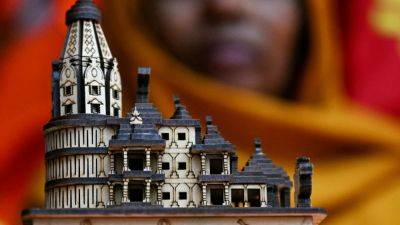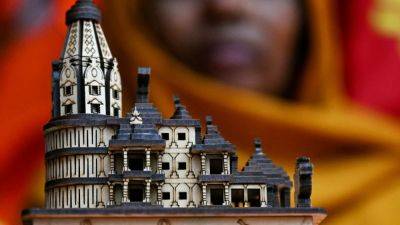India’s ruling BJP eyes new law for common civil code but is it fanning Hindu-Muslim divide?
India’s ruling party appears set to introduce a contentious law in Uttarakhand state for a common civil code including for marriage, igniting concerns over religious and communal tensions centred on a Hindu-Muslim divide.
The BJP, in power in the federal government and Uttarakhand state, is expected to woo Hindu voters to seek a third consecutive mandate.
India’s 1.4 billion people are subject to a common criminal code that was introduced during the British colonial era, but have been governed by a patchwork of different codes based on customs of different communities and faiths.
The demand for a common civil code has been a core pledge of the BJP, which proposes to unify various laws governing marriage, divorce, inheritance and adoption that govern different communities and faith based on customs.
“This law is of equality, uniformity and equal rights. There were many doubts regarding this, but the two-day discussion in the assembly clarified everything,” the state’s Chief Minister Pushkar Singh Dhami said.
“This law is not against anyone. It is for the women who have to face difficulty because of the social norms,” he said.
The state assembly passed the law on Wednesday and sent it to President Droupadi Murmu for approval, Dhami said. The state would begin framing rules for implementation only after the president’s approval, he added.
The directive principles of the Indian Constitution – rules that are desirable but cannot be implemented by courts – states the “state shall endeavour to secure a uniform civil code”, but it was never enforced since the country’s independence from the British in 1947 to preserve communal harmony.
However, such a law has been on top of the agenda of right-wing Hindus, analysts say.
The rights of






